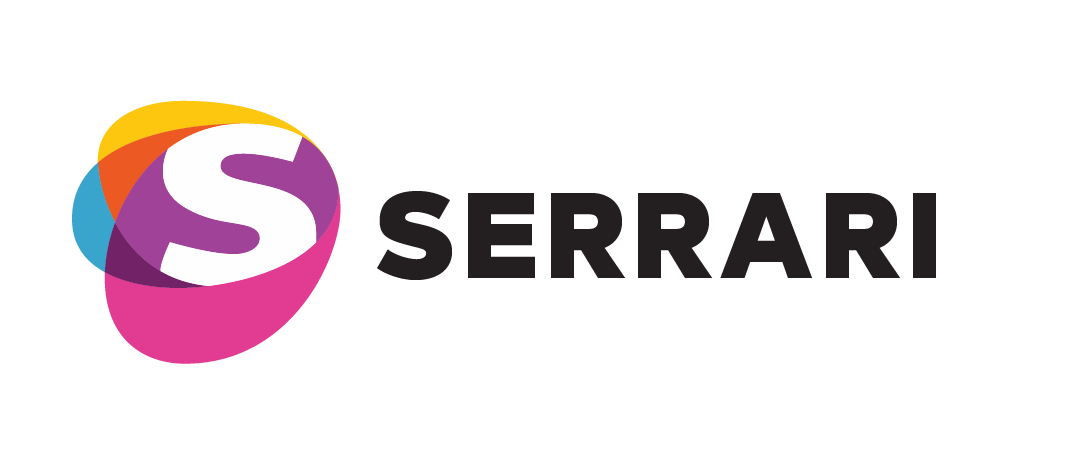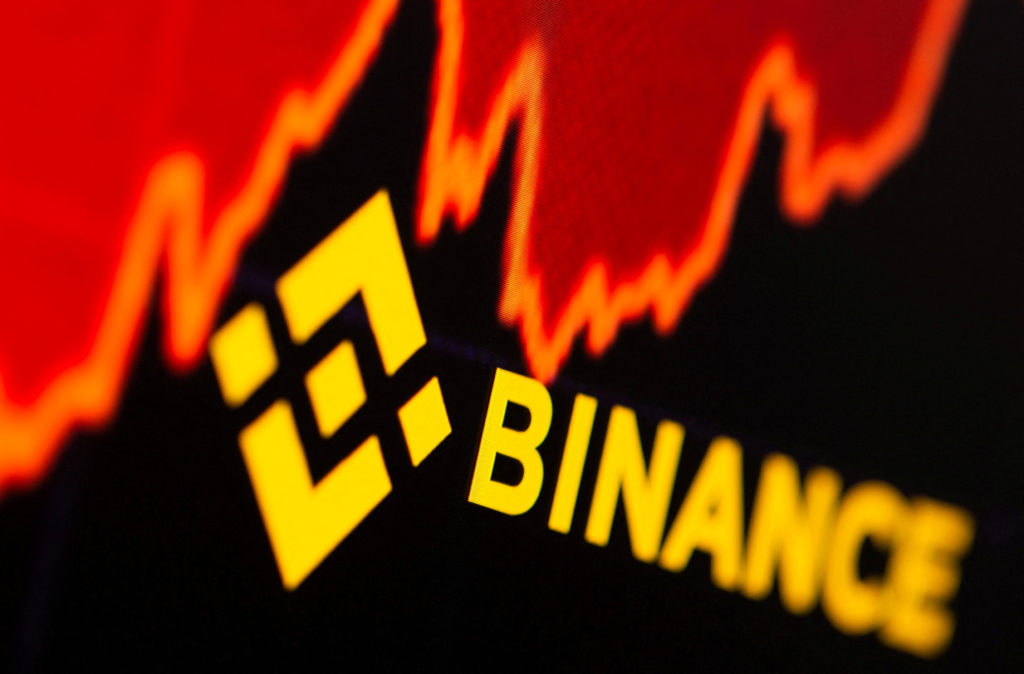In a significant move to combat terrorism financing, Israeli law enforcement authorities have taken decisive action by ordering the closure of dozens of cryptocurrency accounts and seizing millions of dollars’ worth of cryptocurrency assets. This intensified effort comes as part of longstanding attempts to sever the connections between cryptocurrency markets and Hamas, following the recent attack on Israel.
Multiple sources with direct knowledge of the situation have informed the Financial Times that more than 100 accounts on Binance, the world’s largest cryptocurrency exchange, have been closed since the commencement of Hamas’s assault on October 7. Additionally, authorities have sought information regarding approximately 200 more cryptocurrency accounts, with the majority being held on Binance, according to these sources.
Binance has confirmed that it has “blocked” a “small number” of accounts since the summer and emphasized its adherence to internationally recognized sanctions rules. However, the exchange declined to provide further comment on the matter.
Governments and regulators have expressed concerns for years that terrorist organizations could exploit the lightly regulated cryptocurrency markets for the transfer and receipt of funds. The recent attack on Israel and numerous cryptocurrency-based fundraising efforts by Hamas and related entities have amplified these concerns, making them even more urgent.
Tom Alexandrovich, the executive director at the Israel National Cyber Directorate, explained the gravity of the situation, saying, “In this period of war, cryptocurrency is a major issue for financing terror because there are no other options. The amount [of crypto funds] has super-increased since the attack began.”
Tether, a widely used digital token for cryptocurrency trading, recently disclosed that it had frozen 32 addresses containing over $873,000. These addresses were linked to “terrorism and warfare” in Israel and Ukraine. However, Tether did not specify when these accounts were blocked or the distribution of assets between Israel and Ukraine.
Over the past week, various social media posts have called for cryptocurrency donations to Hamas-related organizations, as revealed by Israeli law enforcement documents seen by the Financial Times.
Sources familiar with the Israeli enforcement operation have identified approximately 150 donation initiatives associated with Hamas and other groups since October 7. Last week, the Israeli police force stated in a social media post that it had frozen an unspecified number of accounts used by Hamas for fundraising, but it did not comment on Binance.
It’s worth noting that US financial regulators have previously alleged that funds held on Binance had links to Hamas. In March, a lawsuit filed by the Commodity Futures Trading Commission against the exchange claimed that senior Binance executives received information about “Hamas transactions” in 2019. Binance has indicated its intention to contest the lawsuit.
Even before the attack, Israeli law enforcement had been monitoring cryptocurrency accounts suspected of terrorism financing. An individual with direct knowledge of Binance’s sanctions and compliance procedures mentioned that information had been requested concerning “hundreds” of accounts on the exchange.
“The scale is now much bigger [for Binance] than it was before [Oct 7],” noted the Binance employee, who also highlighted the challenges the company faces when Hamas publishes cryptocurrency donation addresses.
Israeli authorities are actively involving the public in identifying and tracking the flow of suspicious funds in cryptocurrency markets. This volunteer task force plays a crucial role in multiplying official resources “by the dozens,” according to Alexandrovich.
Over the past two years, Israeli authorities have seized millions of shekels from cryptocurrency accounts suspected of having ties to Hamas and other militant organizations in the Middle East.
In August, analytics firm Elliptic revealed that cryptocurrency wallets associated with various suspicious Middle East groups had transacted with each other and relied on the same cryptocurrency exchange services to convert their cryptocurrency into sovereign currencies.
The Israeli defense minister, Yoav Gallant, emphasized the complexity of combating terror financing when digital currencies are involved, especially after previous shutdowns. Globally, regulators are actively working on frameworks to address terrorist financing in cryptocurrency assets.
Alexandrovich stressed the importance of governments keeping pace with the rapidly evolving technology to track and combat terrorism financing. He said, “I think governments need to focus on how fast the technology moves… terrorists are smart, and we need to track them.”
Photo (Google)
October 17, 2023
Delino Gayweh
Serrari Financial Analyst
Article and News Disclaimer
The information provided on www.serrarigroup.com is for general informational purposes only. While we strive to keep the information up to date and accurate, we make no representations or warranties of any kind, express or implied, about the completeness, accuracy, reliability, suitability, or availability with respect to the website or the information, products, services, or related graphics contained on the website for any purpose. Any reliance you place on such information is therefore strictly at your own risk.
www.serrarigroup.com is not responsible for any errors or omissions, or for the results obtained from the use of this information. All information on the website is provided on an "as-is" basis, with no guarantee of completeness, accuracy, timeliness, or of the results obtained from the use of this information, and without warranty of any kind, express or implied, including but not limited to warranties of performance, merchantability, and fitness for a particular purpose.
In no event will www.serrarigroup.com be liable to you or anyone else for any decision made or action taken in reliance on the information provided on the website or for any consequential, special, or similar damages, even if advised of the possibility of such damages.
The articles, news, and information presented on www.serrarigroup.com reflect the opinions of the respective authors and contributors and do not necessarily represent the views of the website or its management. Any views or opinions expressed are solely those of the individual authors and do not represent the website's views or opinions as a whole.
The content on www.serrarigroup.com may include links to external websites, which are provided for convenience and informational purposes only. We have no control over the nature, content, and availability of those sites. The inclusion of any links does not necessarily imply a recommendation or endorsement of the views expressed within them.
Every effort is made to keep the website up and running smoothly. However, www.serrarigroup.com takes no responsibility for, and will not be liable for, the website being temporarily unavailable due to technical issues beyond our control.
Please note that laws, regulations, and information can change rapidly, and we advise you to conduct further research and seek professional advice when necessary.
By using www.serrarigroup.com, you agree to this disclaimer and its terms. If you do not agree with this disclaimer, please do not use the website.
www.serrarigroup.com, reserves the right to update, modify, or remove any part of this disclaimer without prior notice. It is your responsibility to review this disclaimer periodically for changes.
Serrari Group 2023




